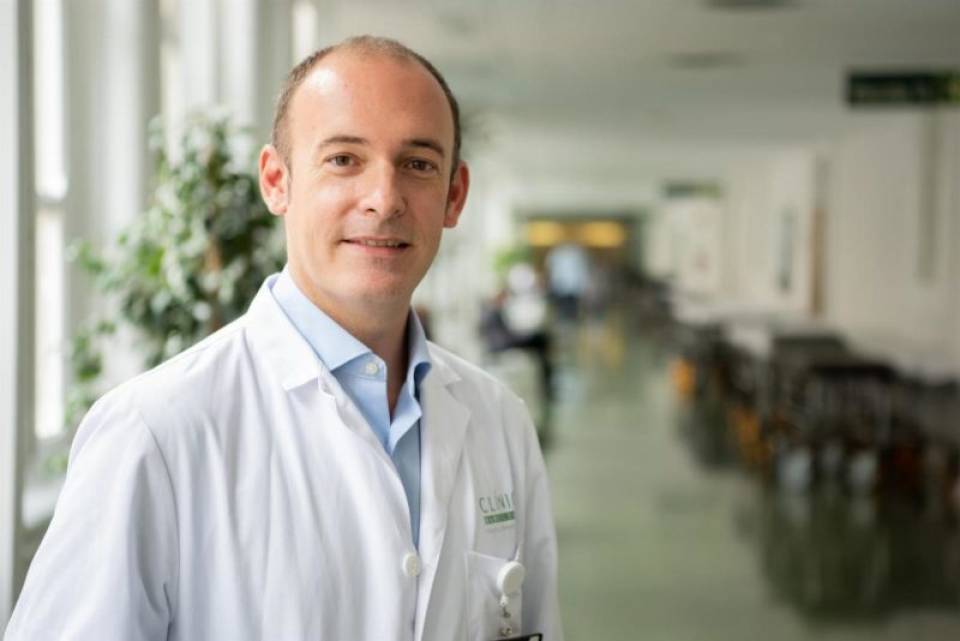One of the main revolutions in cancer treatment has been establishing personalised therapeutic decisions, taking into account the molecular features of each tumour. Cancer is a heterogeneous disease, with many variations between different tumours and also within the same type of tumour. This can make treatment difficult, which is why research projects and new therapeutic options are needed.
In early April, the chief medical officer at the biotech company, Moderna, Dr Paul Burton, stated he hoped to offer new cancer vaccines by 2030. This led to certain expectations both in the healthcare field and in society. This statement followed on from data presented by Dr Jeffrey S. Weber from the KEYNOTE-942 study at the last meeting of the American Association for Cancer Research, held in Orlando. This was the first randomised study with pembrolizumab (anti-PD1) +/- mRNA-4157. This is a messenger RNA (mRNA) vaccine used as treatment in addition to surgery in high-risk melanoma.








